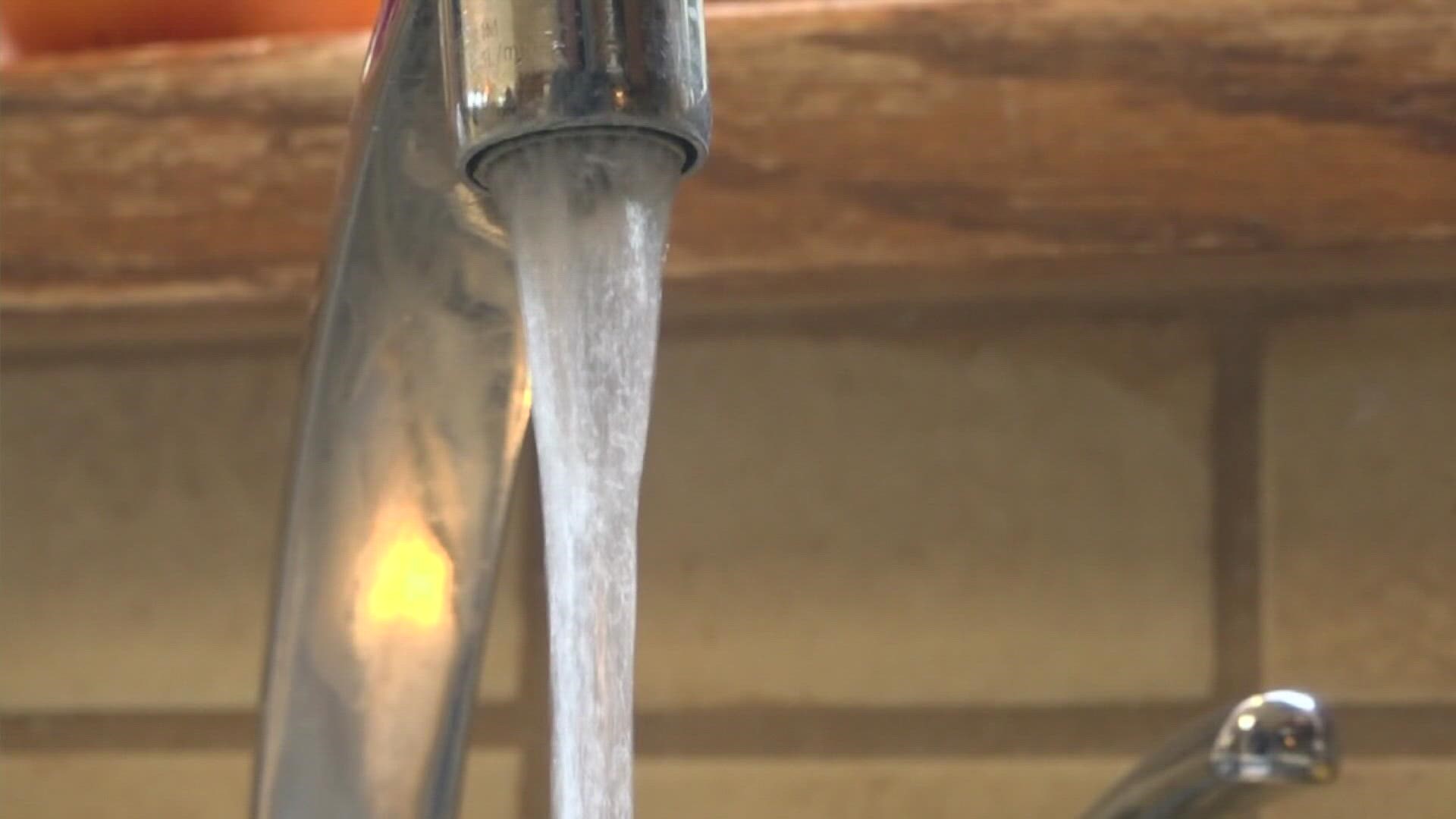GRAND RAPIDS, Mich. — Leaders from communities impacted by PFAS contamination held a virtual press conference to unveil the Great Lakes PFAS Action Network’s (GLPAN) PFAS Action Agenda, an outline of policy priorities to address PFAS in Michigan and protect impacted people and communities.
Per- and polyfluoroalkyl substances, or PFAS, are man-made chemicals used in a variety of industries that have contaminated drinking water for millions in the U.S. It's been linked to cancer and reproductive harm among other health concerns.
Sandy Wynn-Stelt, co-chair of GLPAN, knows the dangers well.
When Wynn-Stelt moved to Belmont, Michigan, she thought she was moving to a Christmas tree farm on the outskirts of Grand Rapids. She had no idea what drinking out of her sink, taking a shower, or spending the day out on the lake could do to her body.
"After getting my own diagnosis of cancer a year ago, I decided I really had to speak out and speak up urgently," she said. "It's a growing crisis."
Although technically legal at the time, shoemaker Wolverine World Wide Inc. dumped heavy metals, volatile compounds and other polluted materials across the street from where Wynn-Stelt lived for decades.
Her husband Joel died of cancer five years ago, and then it was discovered she had it in her thyroid last year. Despite numerous lawsuits, the site still isn't completely cleaned up.
Wynn-Stelt helped form GLPAN, a coalition centered and driven by people impacted by toxic PFAS pollution, and supported by the Michigan League of Conservation Voters Education Fund, Ecology Center, National Wildlife Federation and Need Our Water (NOW), Oscoda, according to the Action Plan's press release.The group has been speaking out Tuesday against the "forever" chemicals, that the leaders say have contaminated water for more than two million Michiganders.
In a meeting Tuesday, the coalition offered five major policies that the local, state and federal legislatures can enact to protect each community.
- Protect and support PFAS-impacted communities, such as providing clean drinking water and increasing the availability of blood and health testing.
- Prevent future PFAS contamination, by banning the use of PFAS containing products, like firefighting foams, and requiring warning labeling on consumer packaging of items that contain the chemical
- Test & monitor more to understand our full exposure, such as mapping contaminated lands and waters and fund research to assess the hazards on both humans, animals and crops
- Hold corporate and government PFAS polluters accountable for cleanup costs, by revising or eliminating the statute of limitations for filing actions against the corporation for exposure.
- Find innovative solutions to clean up existing PFAS contamination, such as updating cleaning criteria and continue funding local governments to address drinking water sources.
It may be too late for Wynn-Stelt's husband, but she said it's not too late for the rest of the community to have a safer place to live.
These policies are only ideas, but state senator Winnie Brinks introduced two bills to help victims of PFAS and to hold corporate polluters accountable. The bills are now being evaluated by the Committee on Environmental Quality.
Below video from previous 2019 story.
►Make it easy to keep up to date with more stories like this. Download the 13 ON YOUR SIDE app now.
Have a news tip? Email news@13onyourside.com, visit our Facebook page or Twitter. Subscribe to our YouTube channel.

